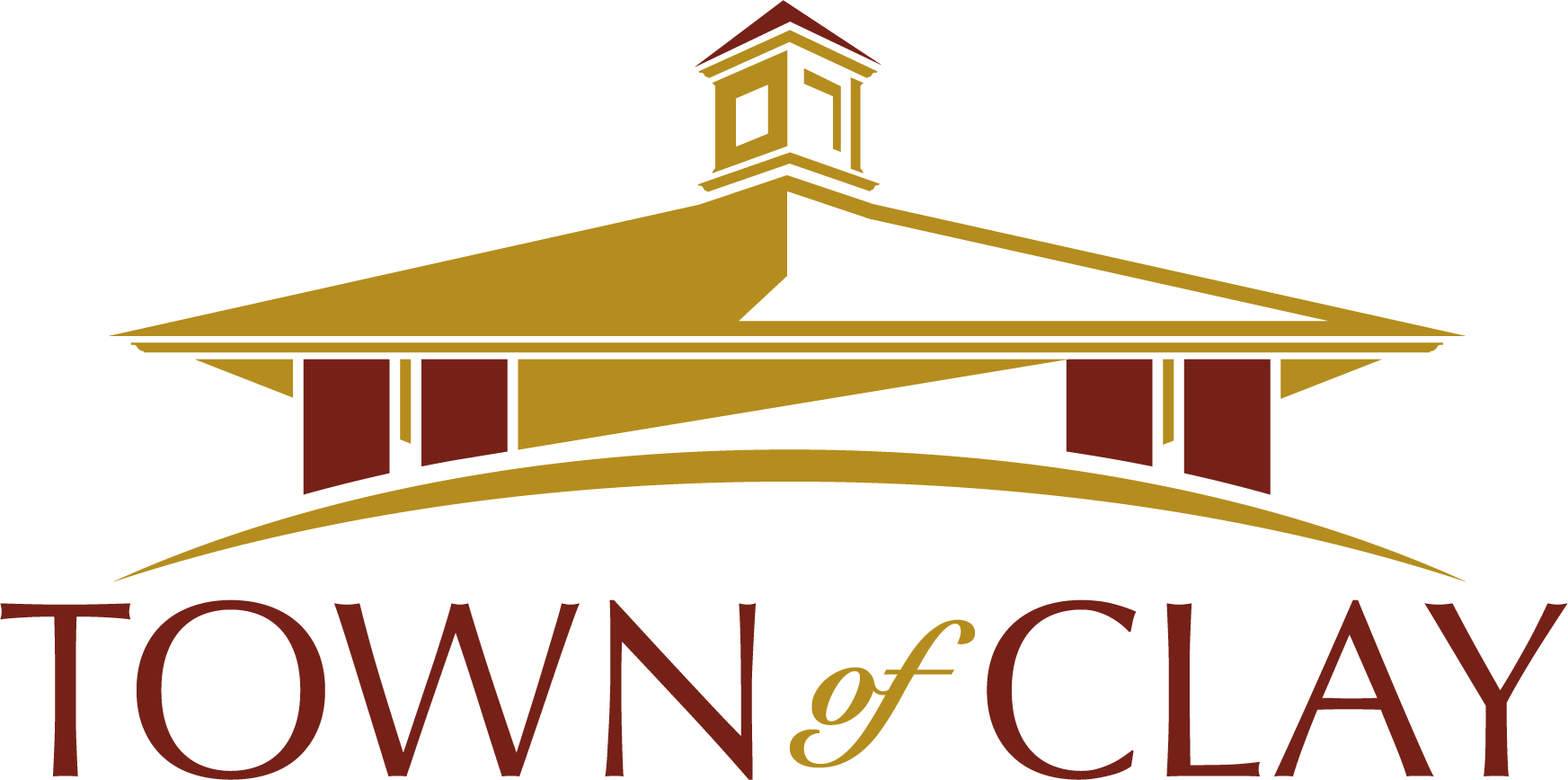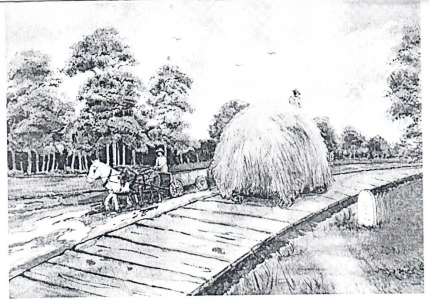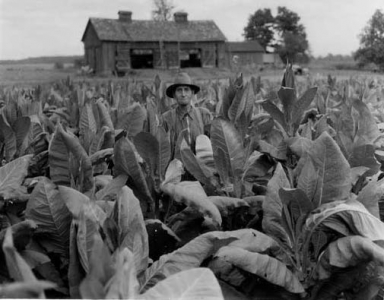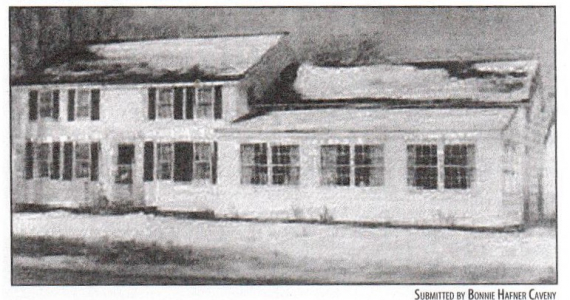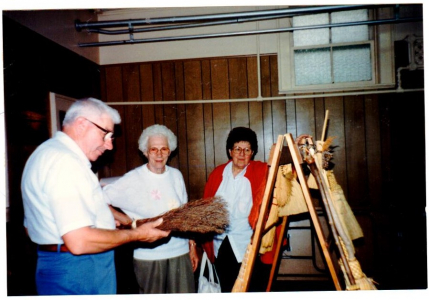Henry Clay-Towns NamesakePosted on June 1, 2021 |
Image
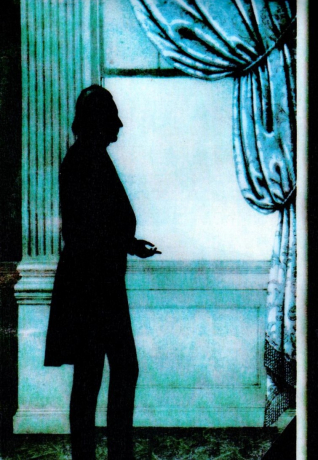
|
HISTORY MYSTERY: Henry Clay-Towns Namesake
Henry Clay Sr. was born at the Clay homestead in Hanover County, Virginia in a story and a half frame home April 12, 1777. It was an above average home for a ‘common’ planter with 22 slaves. His ancestors had been in Virginia since approximately 1612 when John Clay arrived from England. Being the seventh of nine children, Henry was only four when his father, the Rev. John Clay, a Baptist Minister, died in 1781. A short time later, the British, under Banastre Tarleton raided their home, leaving the family in a “precarious position.” However, his mother. Elizabeth, married Capt. Henry Watkins, who was an affectionate stepfather and a successful planter. She had seven more children with him. Henry remained in Hanover County and learned how to read and write from an Englishman named Peter Deacon. In 1791, Henry Watkins moved the family to Kentucky, but young Henry stayed in Virginia working at an emporium with a promise that he would receive the next clerkship at the Virginia Court of Chancery.
When he became a clerk after only a year, his handwriting caught the eye of George Wythe, a signer of the Declaration of Independence, a mentor to Thomas Jefferson and a judge on Virginia’s Court of Chancery. As Wythe’s secretary, Henry learned his views on world affairs that the United States could help spread freedom around the world and the views on slavery. Also Wythe arranged a position for him with attorney General Robert Brooke so he could finish his legal studies. In 1797 he was admitted to the Virginia Bar. Having no family connections close by, Henry moved back to Kentucky and married Lucretia Hart of Lexington. Of their six daughters, all passed away by 1835. Of their five sons, Henry Clay Jr. was killed during the Mexican-American War and the oldest, Theodore, spent the last half of his life in a psychiatric hospital.
Henry’s legal career begins. Lexington was well established with the first university west of the Appalachian Mountains and Henry quickly received his license to practice law in Kentucky and establish his own law firm. In 1805 on the faculty of Transylvania University, he taught Robert Todd, the father in law of future president Abraham Lincoln. One of his first legal clients was his father-in-law Robert Hart, an early settler and prominent businessman who helped him get clients and make business connections. His most notable client was Aaron Burr in 1806 after the US District Attorney, Joseph Hamilton Daveiss indicted him for allegedly planning an expedition into Spanish Territory west of the Mississippi River. Henry and his law partner, John Allen, defended Burr. Thomas Jefferson convinced Henry that Daveiss had been right in his charges. When he met Burr years later, Henry would not shake Burr’s hand.
Because of his legal work, Henry earned a reputation as a defender of the common man. In 1803, not old enough to run for office, Henry was appointed to the Kentucky General Assembly where he worked with the electoral college to make sure Thomas Jefferson had enough votes to win the 1804 presidential election. He advocated for direct elections in Kentucky and gradual abolition of slavery (even though at one time, he owned 60 slaves himself). As a member of the Democratic-Republican Committee, he was elected to the State Legislature. In 1806, they elected him to a seat to complete John Breckinridge’s term. It only lasted two months, but he gained a reputation for being a diligent worker and entertaining public speaker. Returning to Kentucky from Washington in 1807, Henry was elected as the speaker of the State House of Representatives. In 1810, he was elected to a state senator’s remaining term. At the end of this term, Henry decided he disliked the senate rules and to seek election to the United States House of Representatives. He easily won and shorty was named Speaker due to the weakening of the Federalist Party. He was diplomatic and a master of parliamentary procedures so was reelected five times. Henry was influential in launching the American system of tariffs to foster American industry and a National Bank; both attacked by Andrew Jackson. After losing the presidential election to Jackson, John Adams was helped by Henry to win the contingent election to the House of Representatives. Jackson was greatly anger.
It was during these trying times that the Town of Clay came to be. The Town of Cicero petitioned the State Legislature to divide the town and the western half to be called Bolivar. Already another town by this name, the legislature, without knowledge of the inhabitants, gave it the name Clay after Henry Clay. Remember all the connections he had in the state and federal governments! In 1830, being dissatisfied with the name, many influential Clay residents petitioned the State Legislature to change the name to Euclid. It appears the bill was never presented or passed. In 1832, Henry Clay ran for president on the National Republican Party ticket and was defeated by Jackson. Following the election, the National Republican Party joined with other opponents of Jackson to form the Whig Party which remained one of the major political parties at the time of Henry’s death in 1852. His most well-known achievement was the name he was given as “The Great Compromiser.”
Dorothy Heller, Historian
6-1-21
